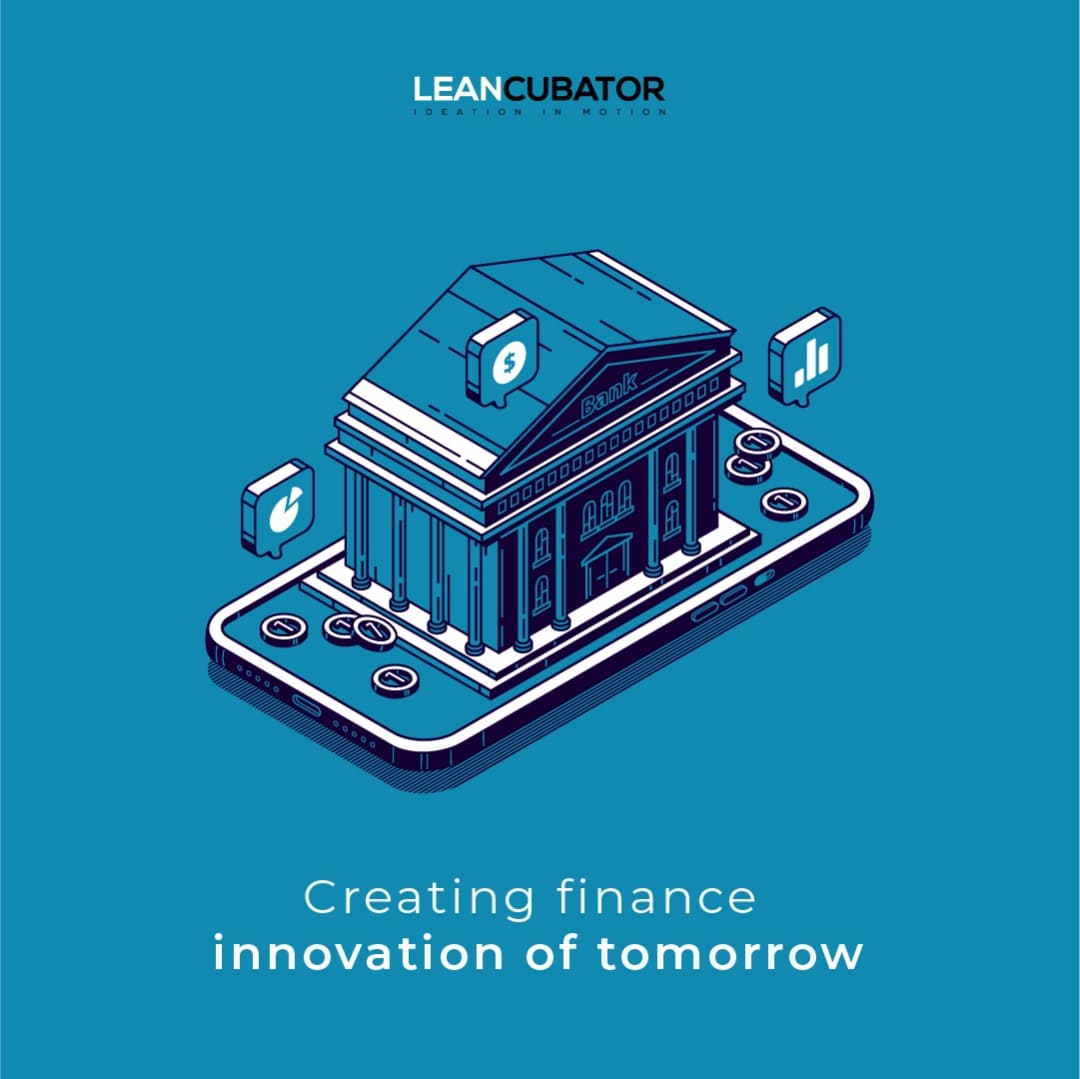Fintech - Creating finance innovation of tomorrow
April 21, 2021

In a changing world, the financial sector is also undergoing a significant transformation with the emergence of Fintech, these companies/startups aiming to change the rules of the financial market. It was only in 1972 that the term Fintech was defined; however, the global financial crisis of 2008 following the bankruptcy of banking giant Lehman Brothers was a major turning point for the Fintech movement, which managed to establish itself with the general public and truly compete with traditional major institutions.
1) What Exactly is Fintech?
Financial technology, also known as Fintech, refers to technology startups that compete with traditional banking and financial actors by offering new ways of providing financial services, from crowdfunding platforms to online portfolio management tools, to mobile payment solutions, aiming to provide more efficient and cost-effective financial services.
2) Favorable Environment for Fintech Development:
The rapid development of Fintech in recent years has been made possible by several factors:
-The increasing attraction of the public to digital solutions.
-Enhanced distrust towards banks after the 2008 financial crisis.
-Strengthening financial regulations, resulting in increased intermediary costs, thereby allowing the entry of new players.
-Near-permanent access to powerful and economical computing devices by smartphone users, enabling Fintech companies to operate with agility and much lower overhead costs than current entities.
3) Different Types of Fintech:
Many services, for various uses, have been developed:
1-Fintech :
Innovative solutions encompassing various practices related to Fintech, such as:
-Crowdfunding, involving a group of people pooling funds via the internet.
-Mobile applications and platforms that allow for banking activities management.
-Virtual currencies, including the famous Bitcoin system.
-Electronic payments via smartphones and the internet, at merchants or on e-commerce platforms.
2-Insurtech :
Insurtech companies operate in the insurance sector and rely on new technologies to provide services such as:
-Dematerialization of insurance contracts.
-Subscription and management of insurance contracts online.
-Online claims management.
-Personalization of insurance offers through artificial intelligence.
-Individualization of customer relationships, notably through conversational tools.
3-Ragtech :
Innovations to simplify the monitoring of financial regulatory constraints and intelligent risk management. The objective of RegTech is to improve transparency and coherence and to standardize regulatory processes, provide sound interpretations of ambiguous regulations, and therefore provide higher quality levels at lower costs.
4) Challenges of Fintech for Consumers :
While the development of digitized services offered by Fintech meets the needs of consumers and businesses and allows for productivity gains, it also entails risks in terms of cybercrime, illicit money, and financial stability.
1)Risks related to cybercrime:
With services offered exclusively via the internet, Fintech companies appear particularly exposed to the risk of cybercrime, i.e., offenses from remote computer networks affecting the data they manage or their computer systems.
2) Risks related to illicit money:
Due to their small size and reduced workforce, Fintech companies are less well-equipped than traditional banking establishments to combat any improper or fraudulent use of their innovative solutions, which specifically concerns issues related to money laundering and terrorism financing.
3) Risks to financial stability:
Given the low market shares of crowdfunding in financing the economy, the credit risk resulting from the disappearance of one or more crowdfunding platforms.
Conclusions :
Fintech has had a major impact on the financial services market and consumer behavior in these sectors. Fintech can be a major asset for consumers by offering them more choice, competition, and convenience, and by opening access to fundamental financial services in regions of the world where consumers have been deprived of them for too long. However, there are a number of risks and harms associated with Fintech. These include cybercrime, which remains a major concern, especially when people's assets are involved.
Therefore, regulatory bodies have a key role to play in maximizing benefits and minimizing potential harms, by supporting innovation and mitigating risks.
Article written by: ZIAD R. Nesrine
Strategy & Marketing Manager at Leancubator - ASC

